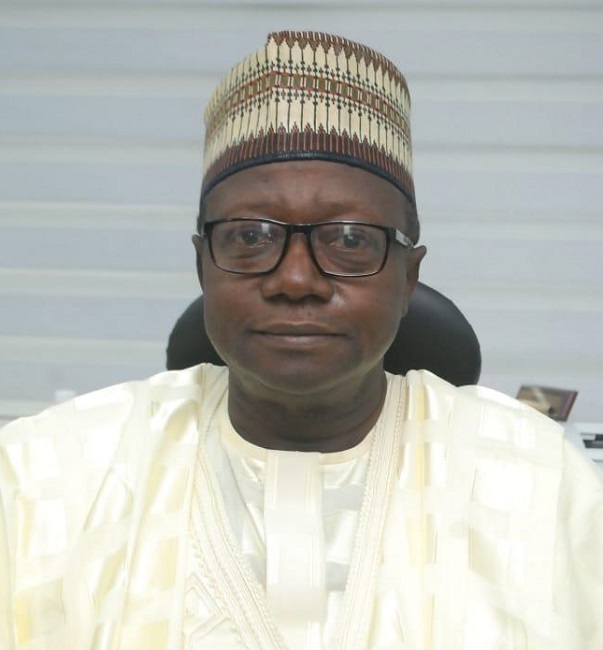The Federal Government (FG) has commenced training of interviewers for the 2022 fertility and health expectation survey in five states.
The states are ; Akwa-Ibom, Bauchi, Borno,Kano and Oyo.
Speaking at the opening of the training organized by the National Population Commission (NpopC) in partnership with the University of Bristol, the Commission’s Chairman, Hon Nasir Isa Kwarra, said the survey became imperative as Nigeria is regarded as the most populous country in Africa.
According to him, with a projected population of about 216 million in 2022, this is largely influenced by a high fertility rate of 5.3 per woman and a low contraceptive usage of 17 per cent in married women based on the 2018 NDHS.
He stated that the rapid growth could be an asset or a liability depending on government policies and programmes.
“But policies should be formulated and implemented from an informed point of view. The Fertility and Health Expectation Survey, a sample survey, can complement data form censuses — such as the planned 2022 Nigeria Population and Housing Census to contribute to the reservoir of data available for the government to make informed decisions about the population,” he added.
ALSO READ FROM NIGERIAN TRIBUNE
- Dejo Tunfulu: ‘I Thought It Was April Fool Prank’
- 2023: I May Emerge Consensus PDP Presidential Candidate — Peter Obi
While highlighting the aims of the survey, he said they include collecting data on the subjective beliefs regarding contraception of a representative sample of women who are at risk of unwanted pregnancy in the five study states.
Also, he said these data will be used to estimate a model of demand for contraception that incorporates a wide array of supply and demand-side factors to quantify the relative importance of different factors.
The Chairman further said this will see to the collection of quantitative data on the strength of women’s and men’s desires to avoid a pregnancy.
Similarly, he noted that the survey will be conducted In 400 clusters (Enumeration Areas} in the five e selected states.
“Being a household-based survey, a two-level sampling will be used by first selecting the Enumeration Areas (EAs) and then listing all household members 18 years and above in all households.
“Afterwards, women age 18 to 44 who are married or living with a partner in a monogamous or polygamous union with not more than 1 co-wife) will be interviewed using the individual Woman Questionnaire. Partners/spouses of the selected women will also be interviewed. We expect to interview about 5,750 women and 2,875 partners during this survey,” he added.
How Workplace Sexual Harassment Forces Many Out Of Their Dream Jobs
FG commences fertility, health expectation survey in five states






